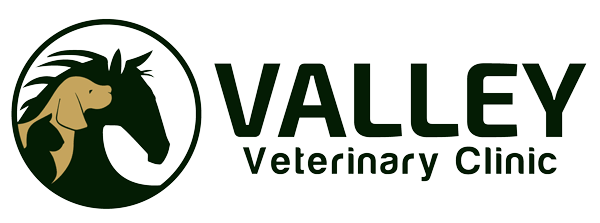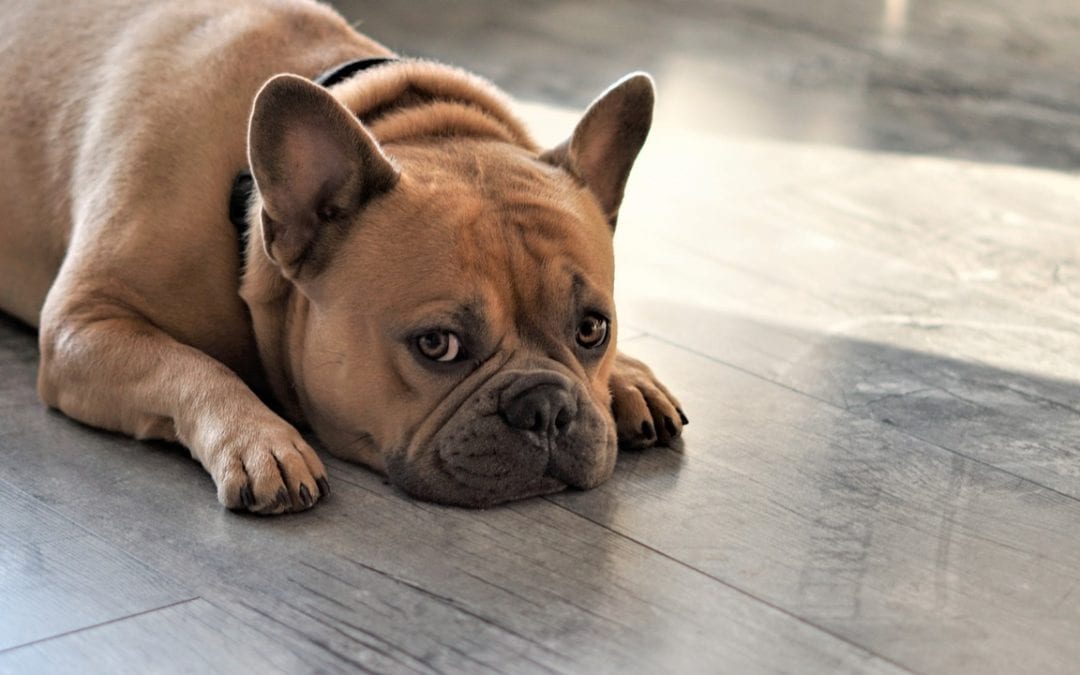Pet owners often go to great lengths to feed dogs and cats healthy foods. But despite a proper portion size and the right food choice, many pets still enjoy digging through the trash for extra morsels. Whether pets are acting out of boredom or are simply scavaging for additional treats, kitchen and bathroom trash bins seem to have a gravitational pull for four-legged family members.
But eating out of the trash can be more than an off-putting behavior—it can be downright dangerous for pets.
Spoiled Food
The consumption of old or potentially spoiled food from the trash has a great potential to cause illness to an animal, says Small. Spoiled or raw foods have a greater chance to cause sickness from Salmonella or Campylobacter bacteria. Symptoms of Salmonellosis include fever, shock, lethargy, diarrhea, vomiting, weight loss and dehydration, and could end up with your pet in a vet’s care. Salmonella can also be transmitted from pets to people, so preventing infections in animals can help keep the whole family healthy.
Paper Products
Eating paper products—such as napkins, towels, and toilet paper—probably won’t injure your pet, unless the amount consumed is excessive. Pet owners also need to consider what sort of substances cast off napkins and paper towels might contain. If some paper towels were used to clean up raw or spoiled food, cleaning products, or some other chemical items, then gastric distress or actual poisoning could occur.
Styrofoam and Plastic
While Styrofoam and plastic themselves are not toxic to pets, says Denish, if too much is consumed, they can lead to trouble, and potentially a gastrointestinal obstruction. So, a small animal that eats a large amount could be asking for trouble. However, pets have a strong mechanism to vomit up non-food items from their stomachs, so chances are, any Styrofoam or plastic your pet eats isn’t bound to stay down for too long. If, however, your pet becomes lethargic, appears uncomfortable, won’t eat or continues to vomit, a trip to the veterinarian is necessary.
Personal Hygiene Products and Diapers
Vets and animal behaviorists are divided on the reasons a pet might ingest any of these unsavory items. Dogs, by nature, are sniffers, lickers and tasters – and they use these senses in the way we use touch. Not only are dogs attracted to things that smell like people, but they are also enticed by the smell of blood, feces or decay—as they often lead to food, or even just things to play with. However, the ingestion of diapers, tampons and related items can easily cause a blockage in your pet’s digestive tract.
How to Prevent Pet Trash Can Problems
“From a veterinary perspective, there is no good trash for a dog. I strongly recommend a covered trash can, preferably in a closet, anchored or elevated,” says Denish. “It is also very important to start training your dog from the beginning. That means minimizing your dog’s diet to no table food; don’t let them beg; and crate train them if possible. This way you have some control over the dog’s behavior when you are not home.”
So, when it comes to keeping your pet safe from trash bin hazards, think about what you’re throwing in the garbage and take precautions since many of those items can be dangerous to pets. It’s also important to keep your trash cans secure and out of reach of your furry friends. If you have any questions, please contact our team and we’ll be happy to help.

